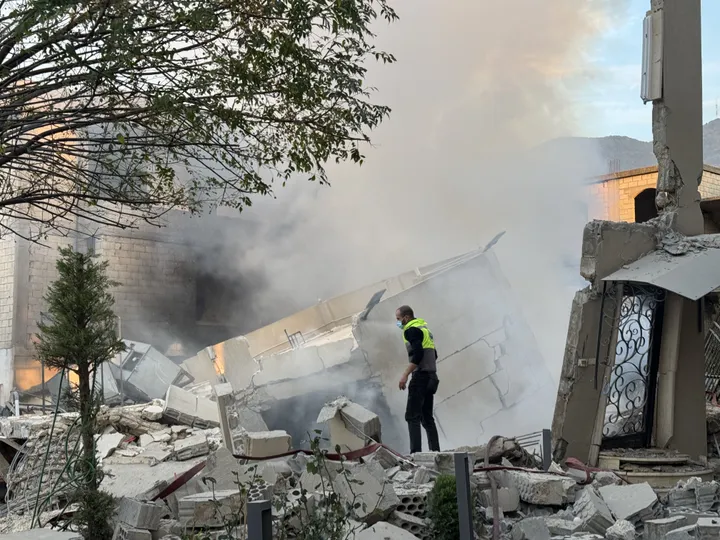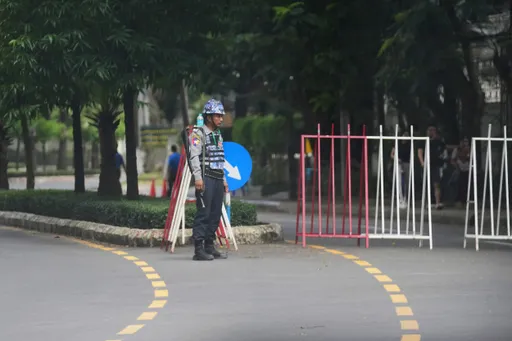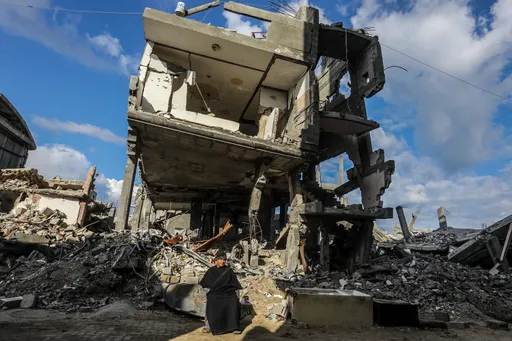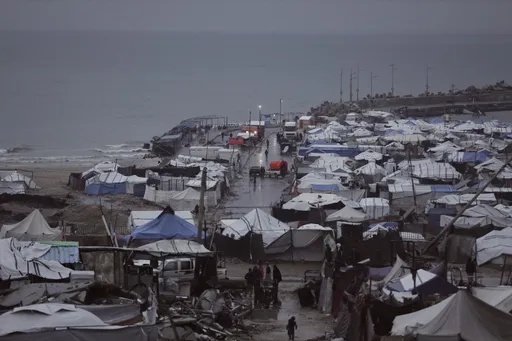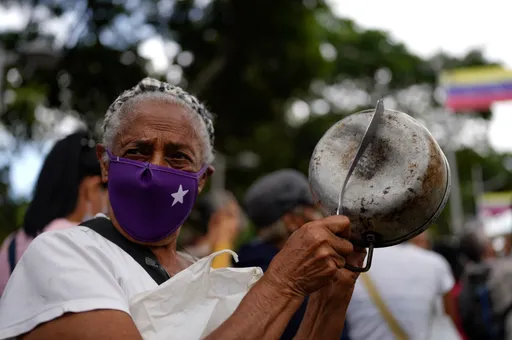One of two ethnic Uighur Muslims from China accused of involvement in a deadly bombing in Thailand last year broke down and complained of mistreatment on Tuesday as he appeared in court.
Twenty people were killed and more than 120 injured in the bombing on August 17, 2015, at the Erawan Shrine in Bangkok when it was thronged with tourists. Five of the dead were from China and two from Hong Kong.
No group claimed responsibility.
"I'm not an animal," a shaven, shackled and barefoot Adem Karadag told reporters, as two guards led him into a military court.
"I'm human, I'm human."
Karadag and Yusufu Mieraili, both of whom are Uighurs, are accused of being behind the bombings.
Analysts, diplomats and even some officials suspected the attack was linked to sympathisers of the Uighur Muslim minority in western China angered by the Thai junta's deportation of more than 100 Uighurs to China the previous month.
But Thai police ruled out "terrorism" as a motive and said the perpetrators were members of a network that trafficked Uighurs and launched the attack in anger at a Thai crackdown on the trade.
Most Uighurs speak a Turkic language and live in China's violence-plagued Xinjiang region. Exiles and human rights groups say Uighurs chafe under government policies that restrict their culture and religion.
China denies this.
There was a mixed reaction on social media to Karadag's remarks.
But while many were quick to snub Islam, others pointed fingers at Chinese government for the extreme step some Uighurs are taking.
Karadag and Mieraili have denied all charges against them.
Inside the court, the tearful Karadag lifted his shirt, pointed to bruises and said through an interpreter that he had been beaten twice this month in custody, a Reuters witness said.
The judge said he would investigate and would consider a request by Karadag's lawyer for a transfer.
Karadag's lawyers says his client had been tortured into confessing.
A stony-faced Mieraili appealed for help.
"We're innocent, help us, help us, where are the human rights?" Mieraili said as he emerged from a prison van outside the court.
Police say Karadag was caught on CCTV footage at the shrine, sitting on a bench and slipping off a bulky backpack before walking away, just before the blast.
Who are the Uighurs?
Uighurs are Muslims, and they associate themselves more closely with Central Asian Muslim countries rather than Beijing. Most of them are concentrated in the restive region of Xinjıang, which is four times the size of California.
While historically Uighurs dominated the region, the past half century has seen a massive migration of the Han Chinese ethnic group to Xinjiang encouraged by the government. Currently, the Han Chinese population constitutes 50 percent of the population in the area.
The Chinese government is regularly accused of using brute force against Uighurs who aspire to practice their religion and tradition freely.
In last couple of years, the government has even barred locals from fasting in month of Ramadan, one of the main pillars of Islam, and stopped women from using scarves. Boys under the age of 18 are even stopped from going to mosques.
Resulting in a sporadic eruption of violence, which left hundreds of people dead. There have been multiple cases where frustrated Uighurs have stabbed Han Chinese people on the streets.
The fact that Han Chinese are preferred for most government jobs in the region has further marginalised ethnic Uighurs.
Many Uighurs try to escape the Chinese state's highhandedness through neighbouring countries in hope of reaching Turkey.
But Beijing uses its influence on states like Thailand to force repatriation of these people. According to Human Rights Watch the whereabouts of repatriated people remain unknown and it say that they are probably tortured.

